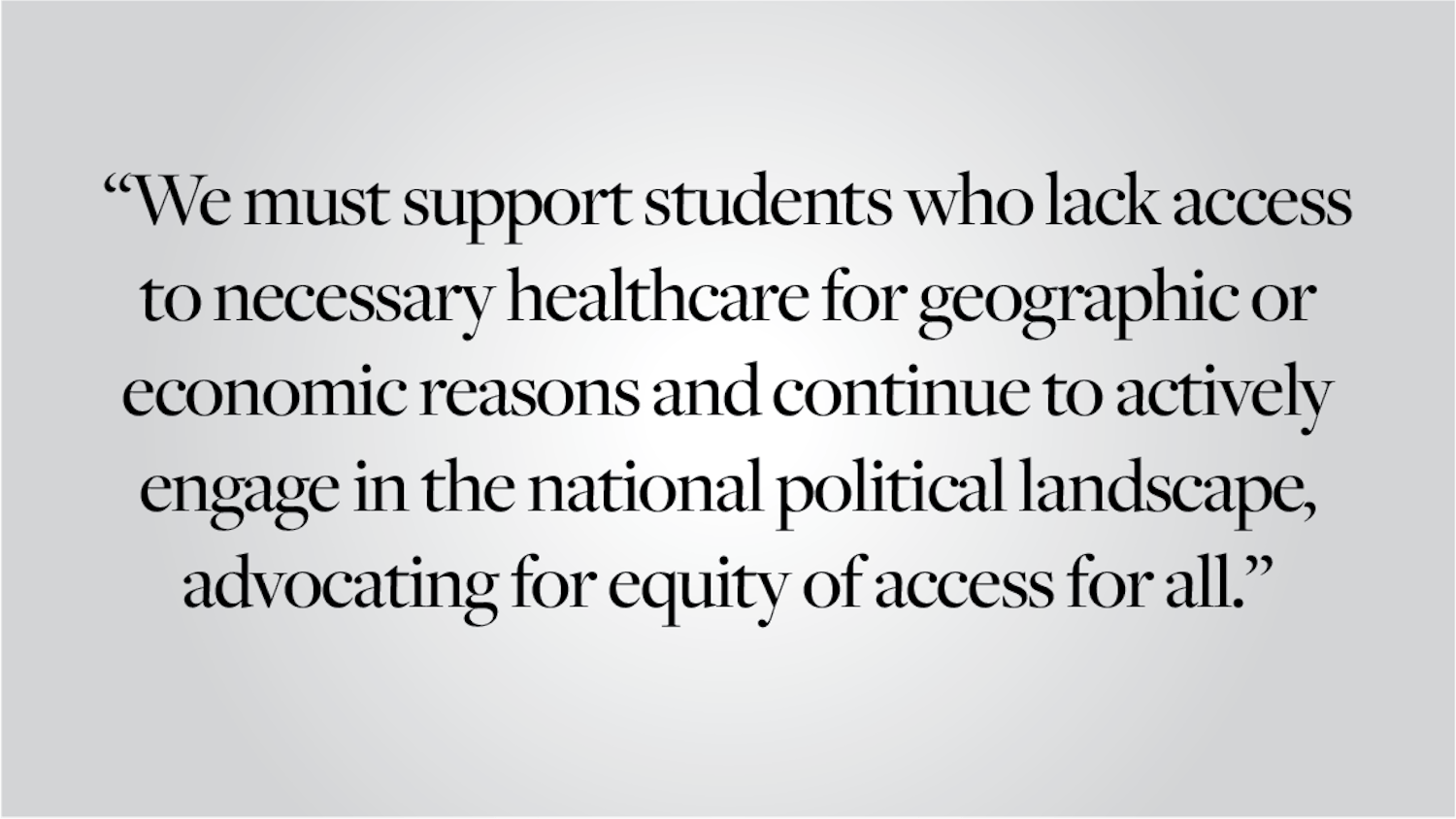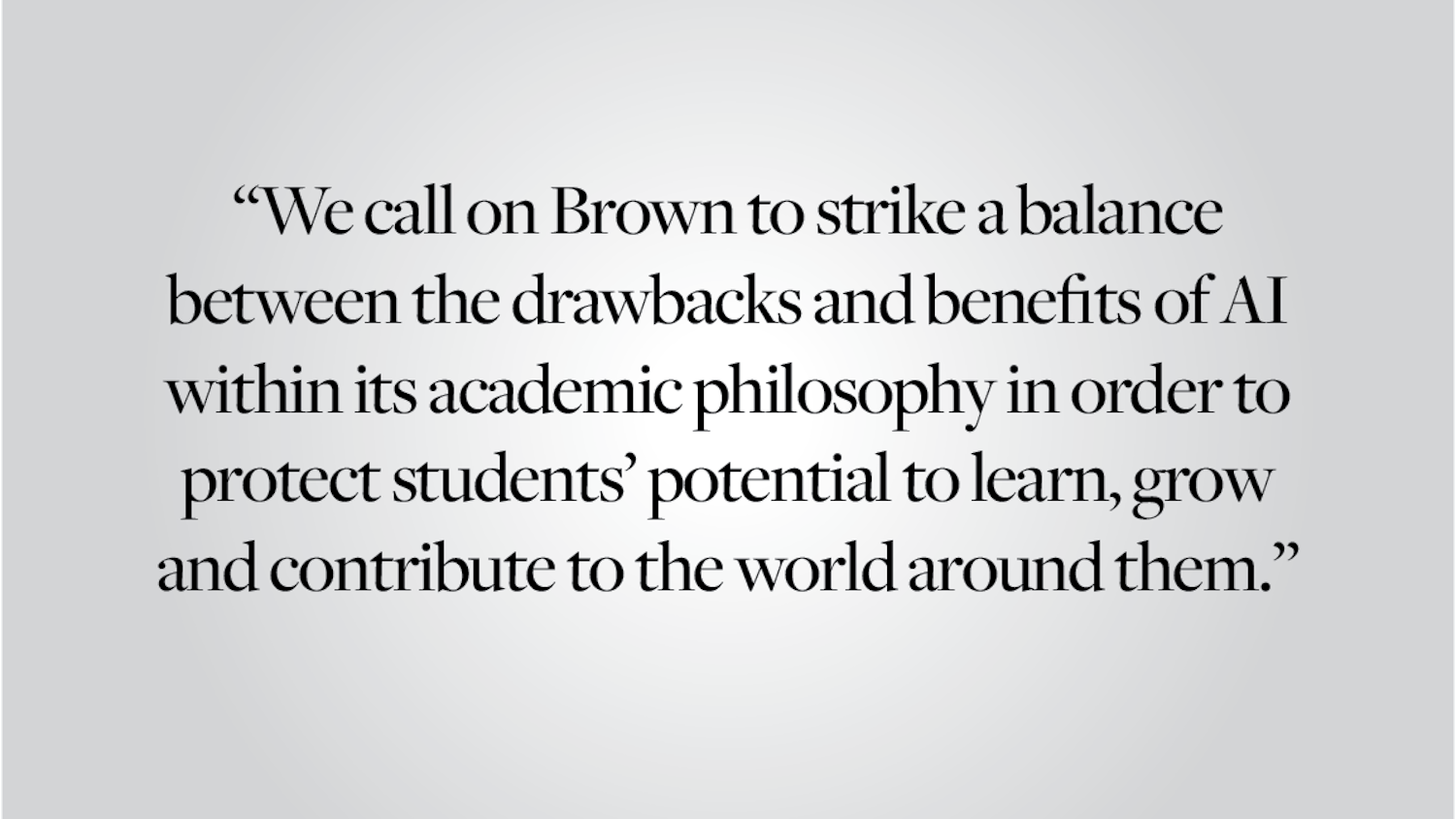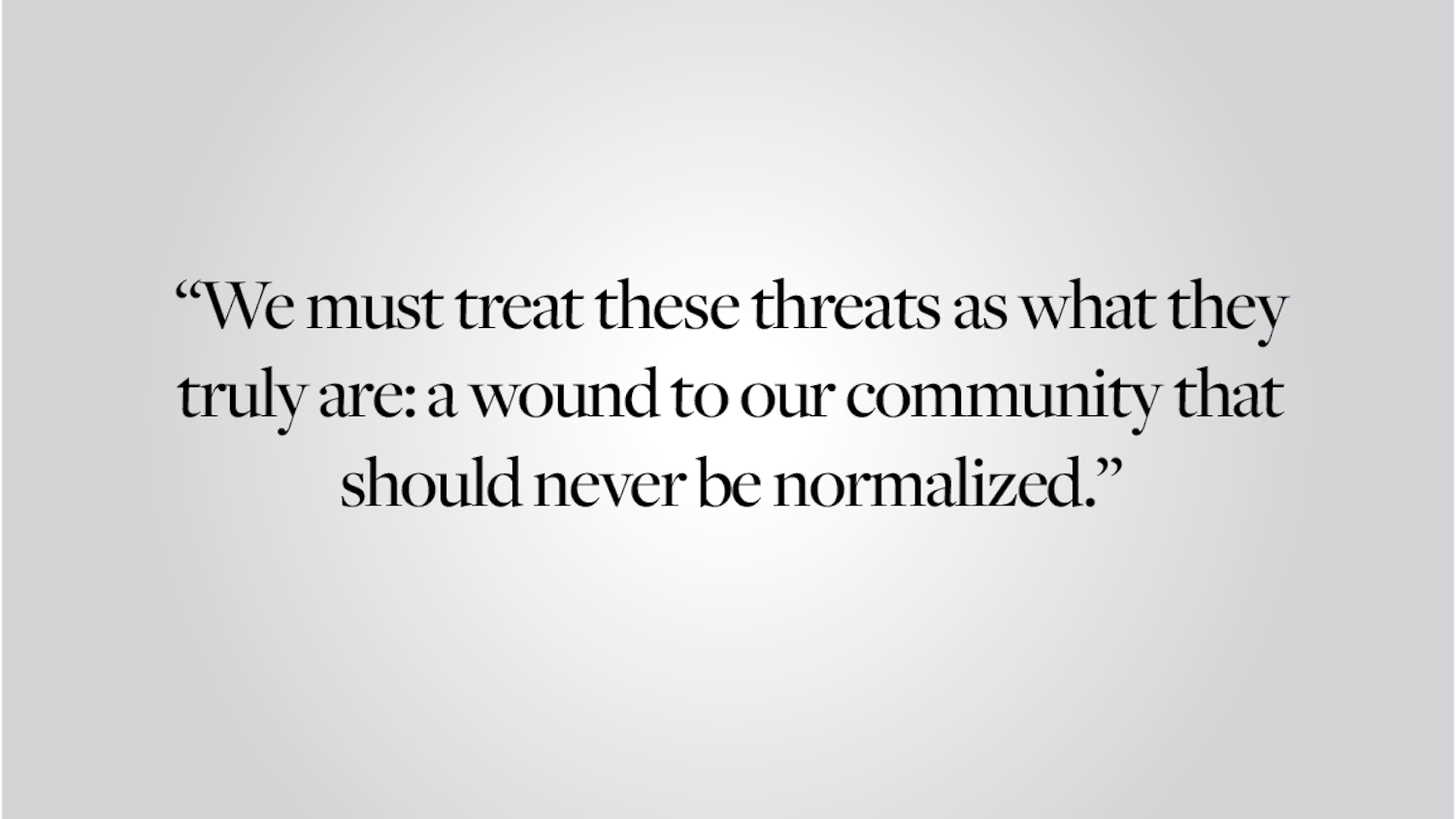So far in the 2012 election cycle, Republican candidates have made headlines for controversial comments on rape and abortion. Indiana Senate-hopeful Richard Mourdock's claim that "even when life begins in that horrible situation of rape, that is something that God intended to happen" was only the most recent in a string of political remarks that have provoked outrage.
Mourdock's claims pale in comparison to those of Rep. Todd Akin, R-M.O., also campaigning for a Senate seat. Akin infamously stated that in cases of "legitimate rape, the female body has ways to try to shut that whole thing down." The ensuing national uproar over these statements is minimizing coherent dialogue between "pro-life" and "pro-choice" advocates, and the consequences for the United States are embarrassing. By asserting a misguided philosophy based on a distinctly American conservative Christianity, these politicians are diminishing the level of discourse on both reproductive issues and science in our society.
Akin has since clarified that he sympathizes with rape victims and supports criminal conviction of the attacker instead of punishing the unborn child. The most politically salient issue here is not rape, but rather reproductive rights, including abortion in the aftermath of rape. The 1973 Supreme Court decision Roe v. Wade was a broad ruling to wholly protect a woman's choice while disallowing any state-level restrictions. Other than the ruling over viability related to pregnancy cycle trimesters, there is no legal regulation that can prevent women from accessing medical abortion.
This explains why abortion issues remain so prevalent in political campaigns. In the past decades the "pro-life" side has vilified support of abortion rights. Only after legislative takeover - say, by passing human life amendments to reverse Roe like those proposed in 2008 - will the conservative fringe relent in its endeavor to alienate as many women as possible. These smaller outbursts against Roe reflect a mindset that prevailed in the days when women could not get medical help and so turned to dangerous, illegal activities such as the use of coat hangers to induce abortion.
While political sensibilities on abortion are often based on moral or religious foundations, understanding the practice itself requires a basic grasp of science. A study by the Medical University of South Carolina's Department of Obstetrics and Gynecology concluded that "rape-related pregnancy occurs with significant frequency," with over 32,000 estimated pregnancies from rape each year. It is horrifying to note that these 32,000 pregnancies are derived from an estimate that 5 percent of victims of reproductive age become pregnant, which means there was a total rape victim sample of 640,000 women. To say that the female body has "ways to shut that whole thing down" not only displays a ridiculous ignorance of high-school biology, but also inadvertently labels women as sexual objects that can be called upon to procreate when needed. The "pro-life" argument assumes that a blanket moral justification supersedes issues concerning the mother's health and justifies forcing a woman to confront the burdens of bearing a child even if she does not want to or if her circumstances are prohibitive.
Women in the United States enjoy many more protected rights than women in Egypt, India and even Italy. But women's rights are under attack in this country. Honor violence and genital mutilation are practices that are easily identifiable and condemnable, but a gradual political shift that restricts the rights of women and poses significant risks to their health can be difficult to counter. There is certainly merit to adding more women to the national discussion. For example, the Rwandan Constitution mandated that at least 30 percent of the legislature should be composed of women. While this is not on the horizon for the United States, we certainly need more women talking about reproductive issues on the public stage, in part to stem the extremism of uninformed, socially-conservative males.
Editorials are written by The Herald's editorial page board: its editors, Daniel Jeon and Annika Lichtenbaum, and its members, Georgia Angell, Samuel Choi and Rachel Occhiogrosso. Send comments to editorials@browndailyherald.com.




